As I always like to say: “Another year, Another FOSDEM”. The biggest Open Source event in Europe (and probably in the world), will be held once again in the ULB in Brussels, on the first weekend of February. After 2 years of online editions, this will be the second edition after COVID, and there will be some changes that seek to improve the overall experience, from a new platform to submit talks, to a more structured way to allocate stands, to group projects around the same area. Also, there will be a couple of new Devrooms like the “Open Source In The European Legislative Landscape“.
FOSDEM gathers around 8 thousand developers from all over the world, mainly Europe, but very focused on European problems, trends, and technologies. This conference, completely organized by volunteers, has been a tradition in the country well known for its waffles and fries since 2000.
Is an unmissable appointment for any Open Source project, and especially, any European Open Source. This year we’ll be able to see new projects and new communities, and OpenNebula will be part of this conference as well.
We are proudly sponsoring FOSDEM for the second year in a row, and while last year we had a Stand, this year our presence will be a little bit more different. You’ll be able to find information about us at the Info Desk in the main building (K), as well as the job offers we have published. Also, if you by any chance encounter one of our staff, with a blue hoodie (and an astronaut on the back), don’t be afraid and say hi, you might get a sticker 😉
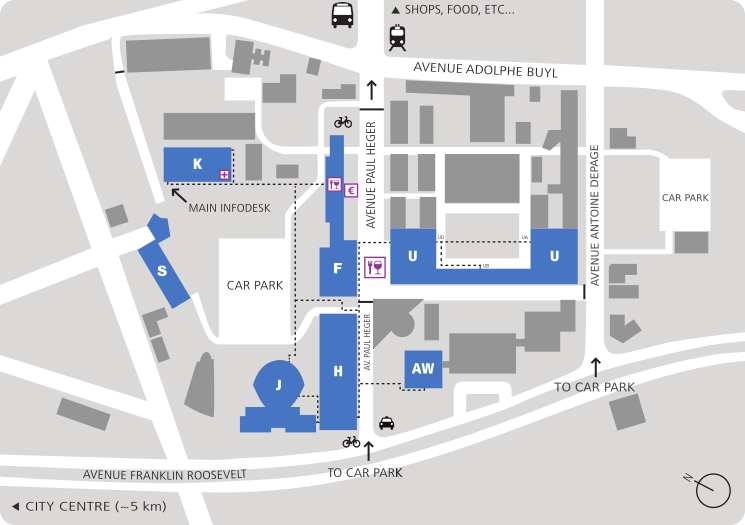
For the presence on the agenda, we will be participating in 2 talks this year. One at the Software Defined Storage Devroom (K3.201), with the talk: Deploying a hyper-converged infrastructure with Ceph across the Cloud-Edge Continuum, by Rubén S. Montero, at 14:55 hs. And the other is at the Virtualization Devroom (UB2.147): AI-Driven Observability and Operations in Cloud-Edge Systems, by Victor at 16:30.
In these talks you’ll discover how OpenNebula uses Ceph and automation tools like Ansible and Terraform, to deal with constrained resources, and take the maximum of the Cloud-Edge continuum. While on the Virtualization track, you’ll learn how to monitor and analyze the data, thanks to AI, and Open Source tools.
We’ll be also taking the opportunity to meet and participate in discussions with other projects and attend interesting talks (you can see the full schedule on the FOSDEM website). Don’t forget, if you see a person with a blue hoodie and OpenNebula logo, don’t be afraid and say hi 😉
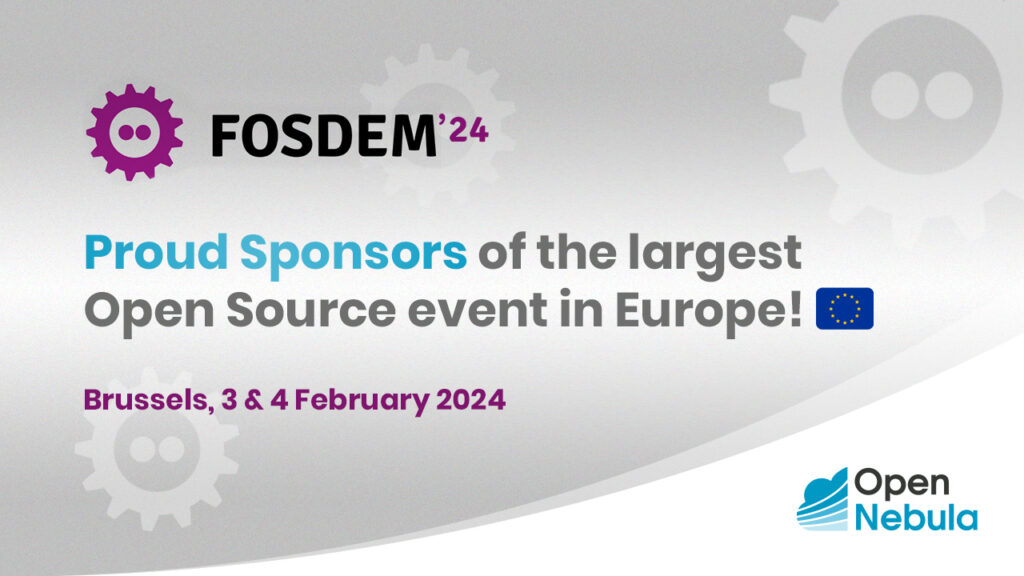
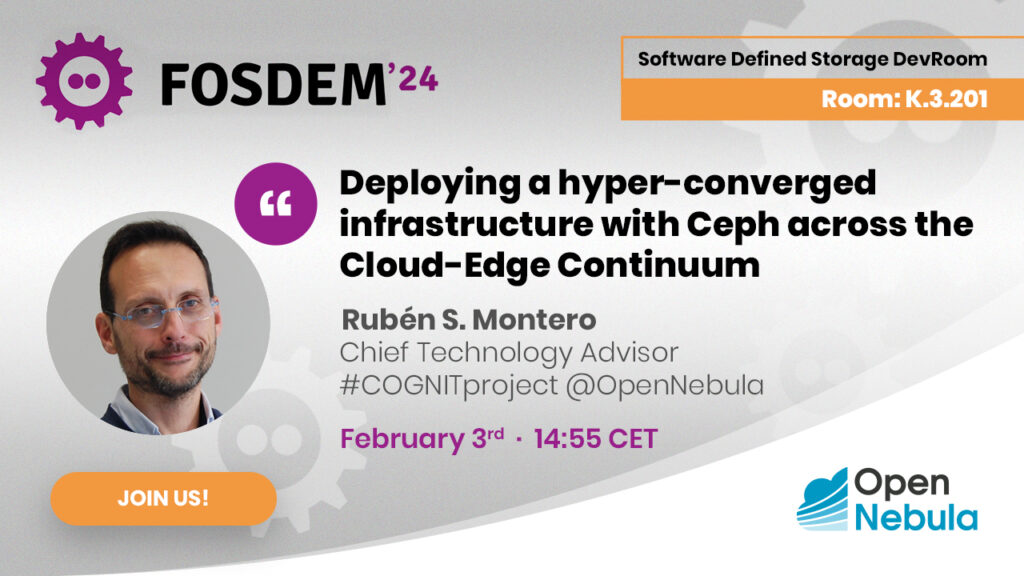
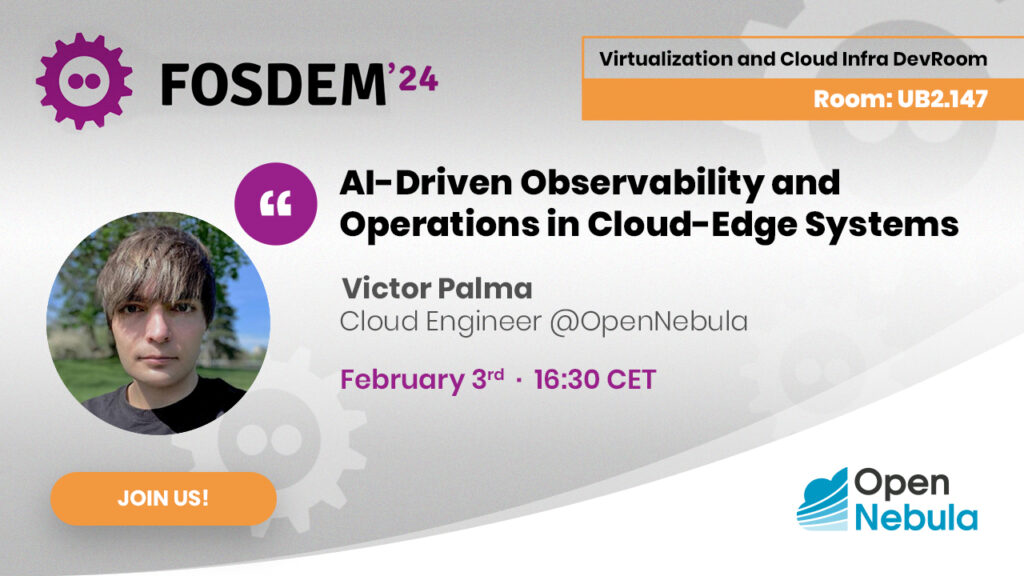

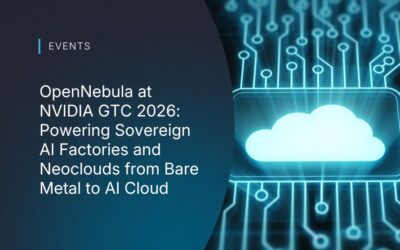
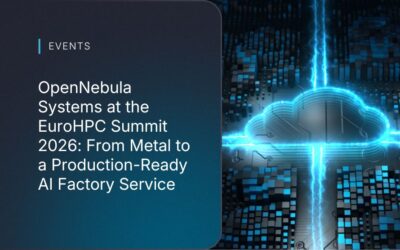
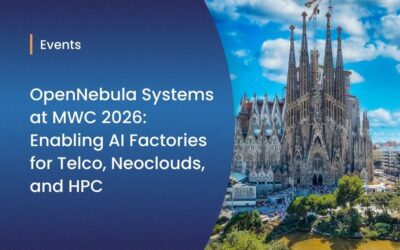
0 Comments